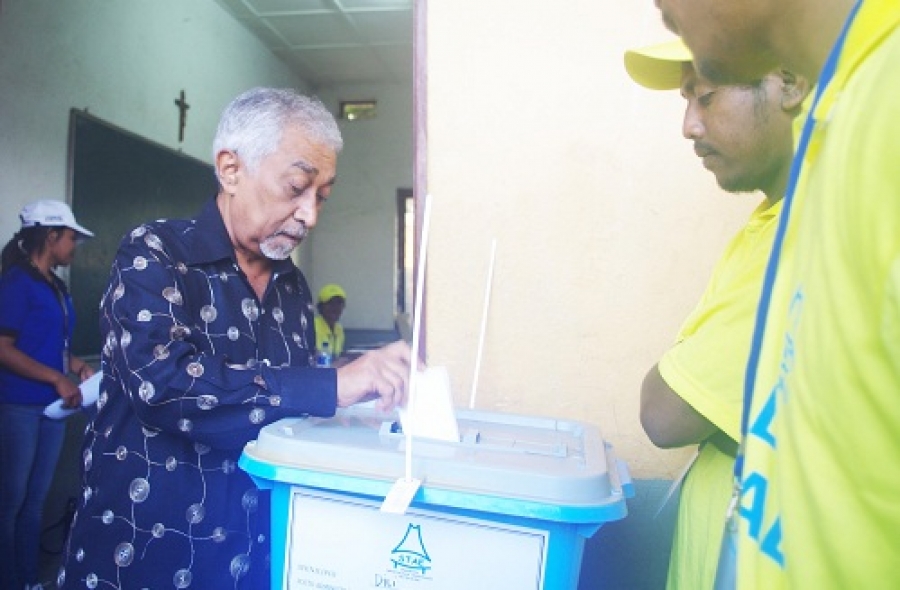Georgina Downer, a member of the International Republican Institute’s election observation mission in Timor-Leste, said she was “struck by the absence of harsh criticism of political opponents” during the recent parliamentary election.
“Timor-Leste’s leaders are making a considerable effort to avoid the experiences of other former Portuguese colonies such as Mozambique and Angola, which fell into civil war and experienced extended periods of violence after achieving independence,” Downer wrote in the Interpreter on Friday.
“Yet ironically, in their effort to preserve peace and develop their democracy, the country is not engaging in the kind of robust political debate that is crucial to democracy – nor is there an effective opposition to hold the government to account,” she said.
Downer said Timorese cultural aversion to the “aggressive bluff and bluster-styled” political campaigning does play a role, but said “it also reflects a real fear that strong and negative language could spark a return to the violence that erupted in 2006.”
Downer accepted that Timor-Leste has progressed rapidly since its “hard fought independence” 15 years ago, noting: “It was uplifting to see political parties engaged in a vigorous yet peaceful competition for votes, and it was clear that the result was never a fait accompli, but something that the parties had to work to achieve.”
She praised the 76 per cent voter turnout, highlighting commitment of people to have their voice heard.
On 22 July Timorese citizens voted in the country’s fourth parliamentary election.
While official count is expected this week, the two main parties - the Frente Revolucionária de Timor-Leste Independente (FRETILIN) and the Congresso Nacional de Reconstrução de Timor (CNRT) –took the majority of the vote, with 29.65percent and 29.45 per cent respectively.
Though no party has a majority of 33 seats, FRETILIN’s victory gives an advantage to the historical party. A shared government expected to be announced this week.
